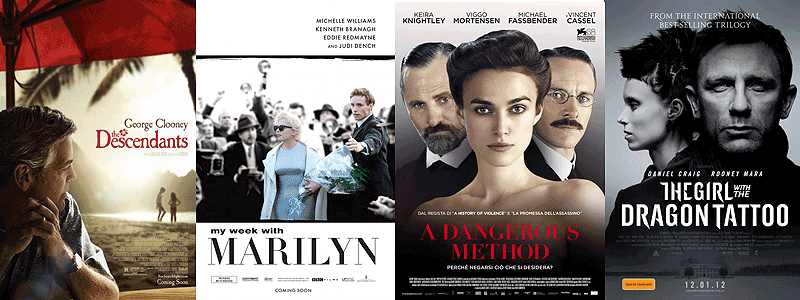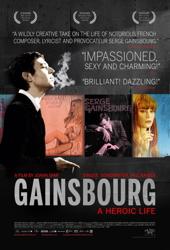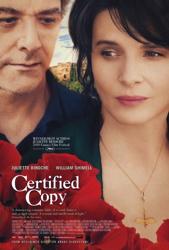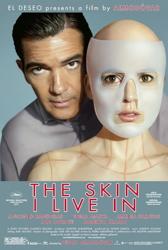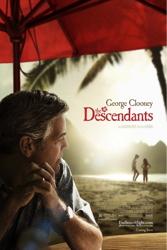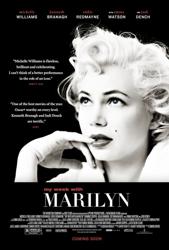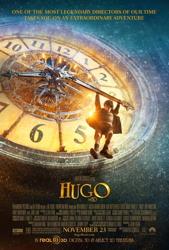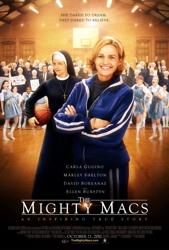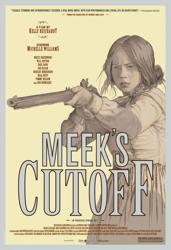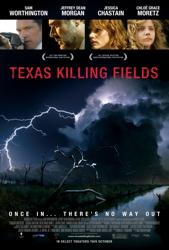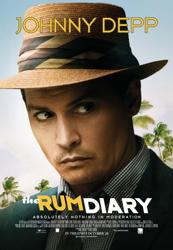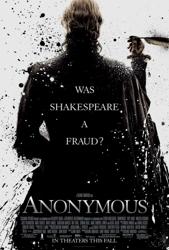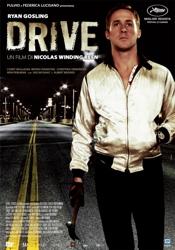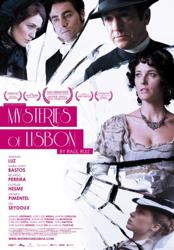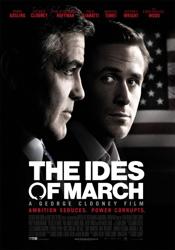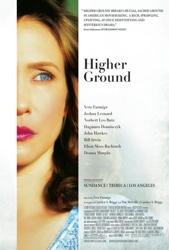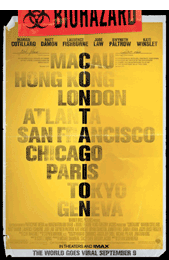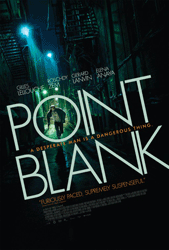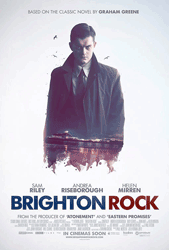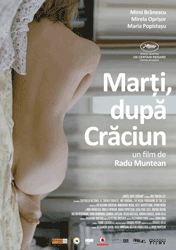“My Week with Marilyn”-Michelle Williams is an interesting, lovely and very talented actress. She plays parts that are different and challenging (consider “Blue Valentine” and “Meek’s Cutoff”) that one can’t help but be amazed by her talent. And here, as the one and only Marilyn Monroe, she hits it out of the park. And when I say “one and only,” I mean it. Can you think of any actress in movie history who had the impact that Marilyn did? So sexy, so startling in appearance, and so natural on the screen that she is still talked about and loved 50 years after her death. When Michelle Williams is herself, she isn’t even close to being Marilyn Monroe, but she plays this role with such skill and a genuine sense of what Marilyn was all about, that you really believe you are watching Monroe. The thin wife in “Blue Valentine” here becomes the curvy and amazingly sexy and yet incredibly vulnerable movie star of her age. “My Week with Marilyn” is based on a memoir by Colin Clark, the son of Sir Kenneth Clark, the art historian. It was 1956, and Clark (Eddie Redmayne), who knew Sir Laurence Olivier (Kenneth Branagh), was hired as third assistant director (i.e., gofer), on Olivier’s production of “The Prince and the Showgirl,” a film to star Olivier and Monroe. But Olivier, whose wife Vivian Leigh (Julia Ormond) was worried and jealous of Monroe (who arrived in England with her new husband, Arthur Miller, to great fanfare), finds that Monroe is nervous and distracted by her personal problems (with, among other things, her new husband) and the insistence of Monroe’s acting coach, Paula Strasberg (Zoe Wanamaker), that Monroe follow her Acting Studio directions to a tee. Monroe, who apparently felt alone in the world even when married and surrounded by fellow actors, has trouble performing and getting to the set on time, but finds herself attracted to young Colin (six years her junior) who has an ease and charm about him that make Monroe trust and want him. Clark, who is shown initially flirting with another production employee, young Lucy (Emma Watson), is drawn naturally into a brief relationship with Monroe that any man will understand. What man could possibly resist Marilyn Monroe, especially when she invites him into her bed and has no compunctions about skinny dipping? “My Week with Marilyn” is a lovely experience for anyone who knew or appreciates Monroe and for those who love the movies. Kenneth Branagh is wonderful as the great Olivier who found a genuine challenge in dealing with Monroe. Eddie Redmayne is delightful as the slightly naïve but charming and smart Clark, and the outstanding cast also includes Judi Dench as Dame Sybil Thorndike, Dougray Scott as Arthur Miller, Dominic Cooper as Milton Greene, a Monroe assistant, and the inimitable Derek Jacobi as Sir Owen Morshead who, in a delightful scene at Windsor Castle, introduces Monroe and Clark, his godson, to the wonders of the Queen’s book collection. A (3/16/11) | |

